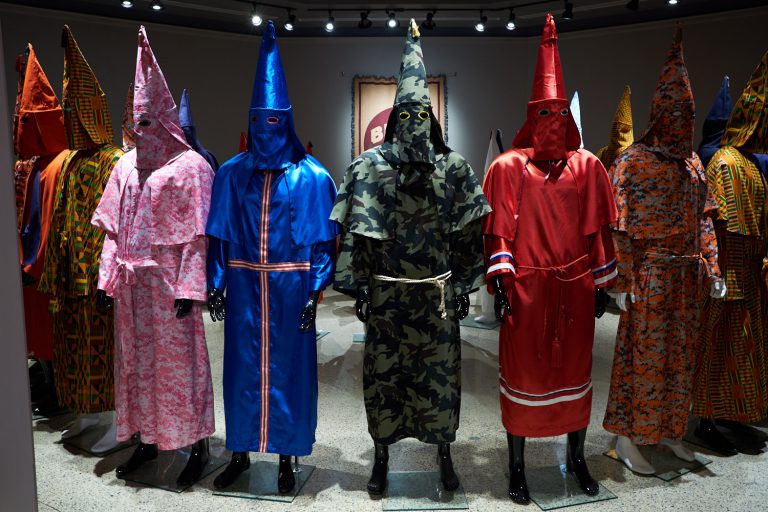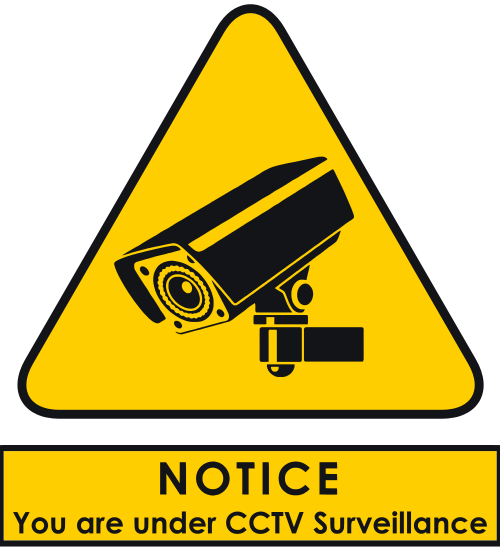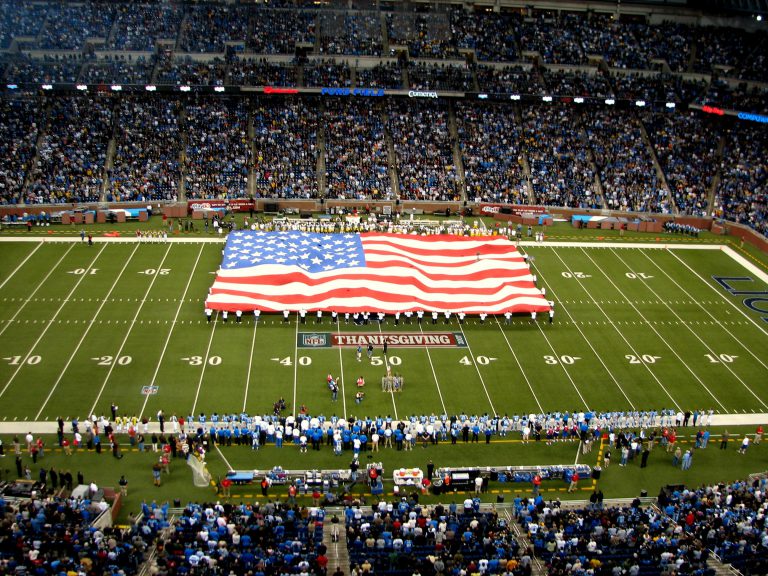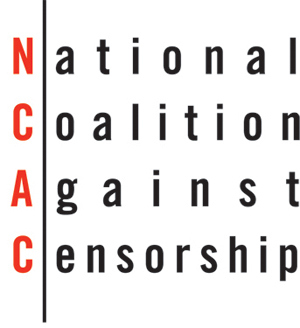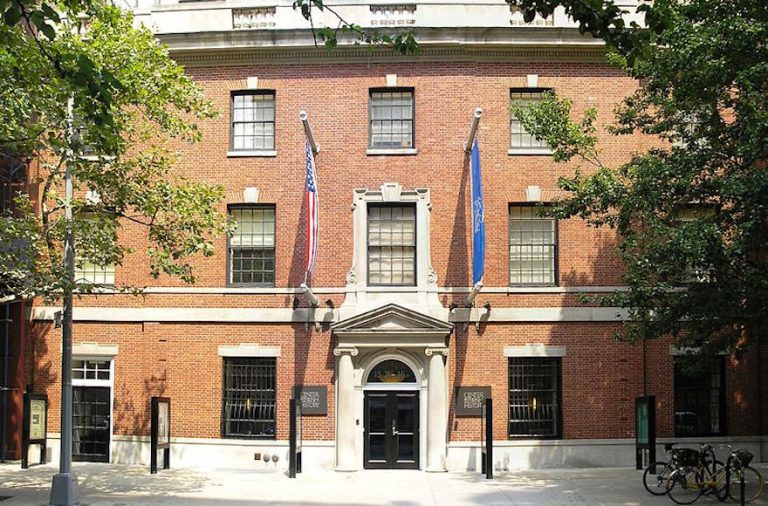Censored on Campus: Paul Rucker’s Exhibition on Race in America
Paul Rucker's traveling exhibition REWIND, an urgently relevant multi-media installation that addresses the history of racial injustice in America, was closed to the public by York College of Pennsylvania, less than one week into its run. Paul sat down with NCAC to discuss the incident.


